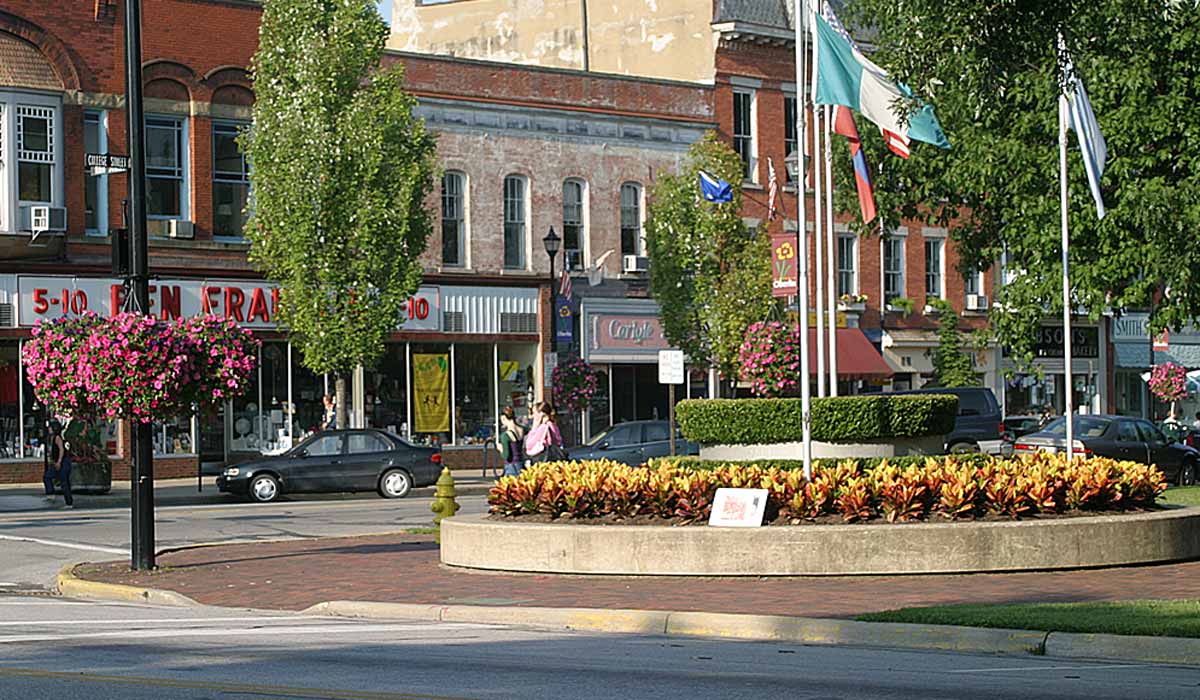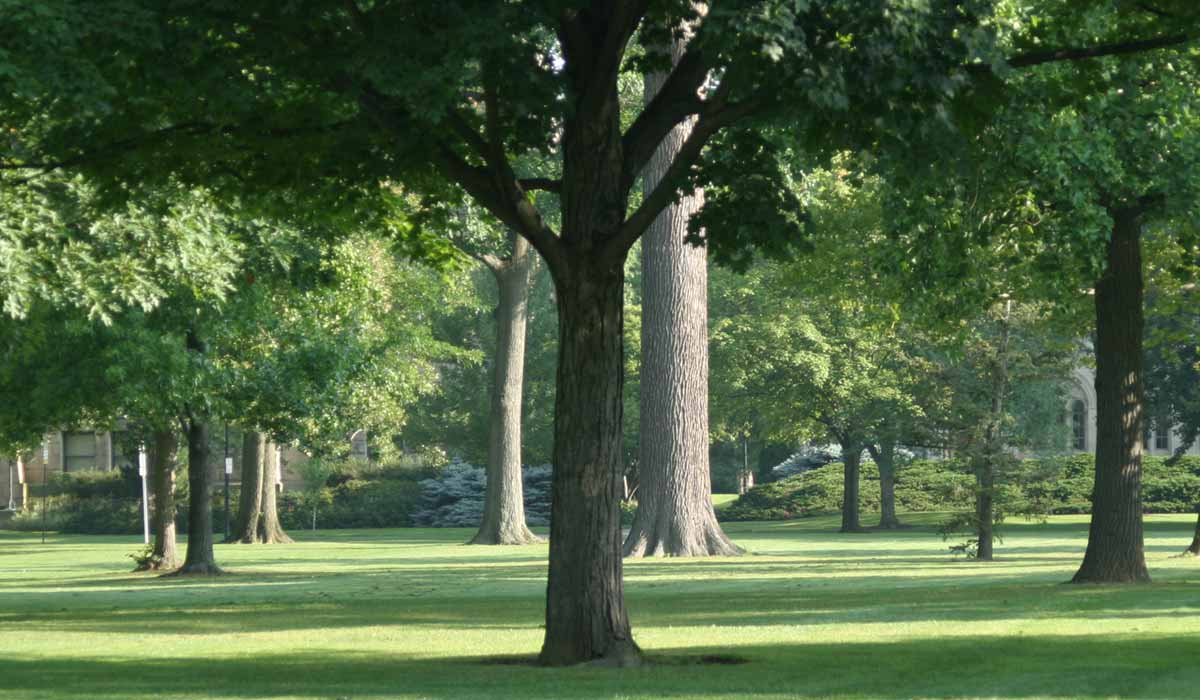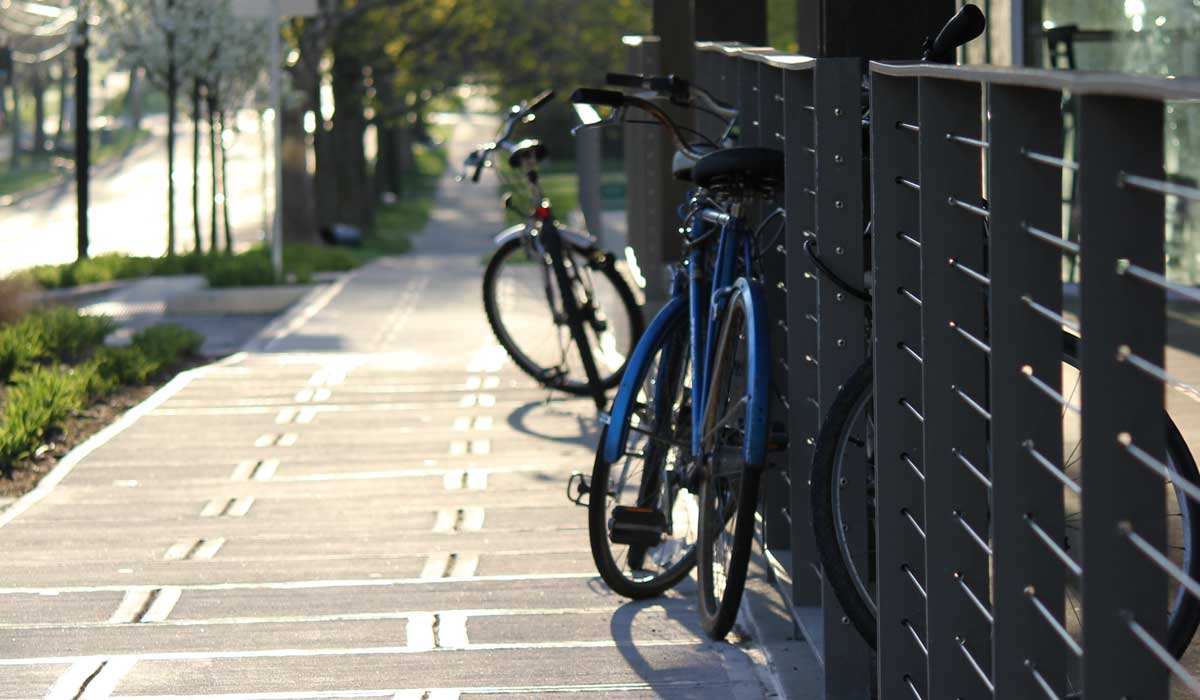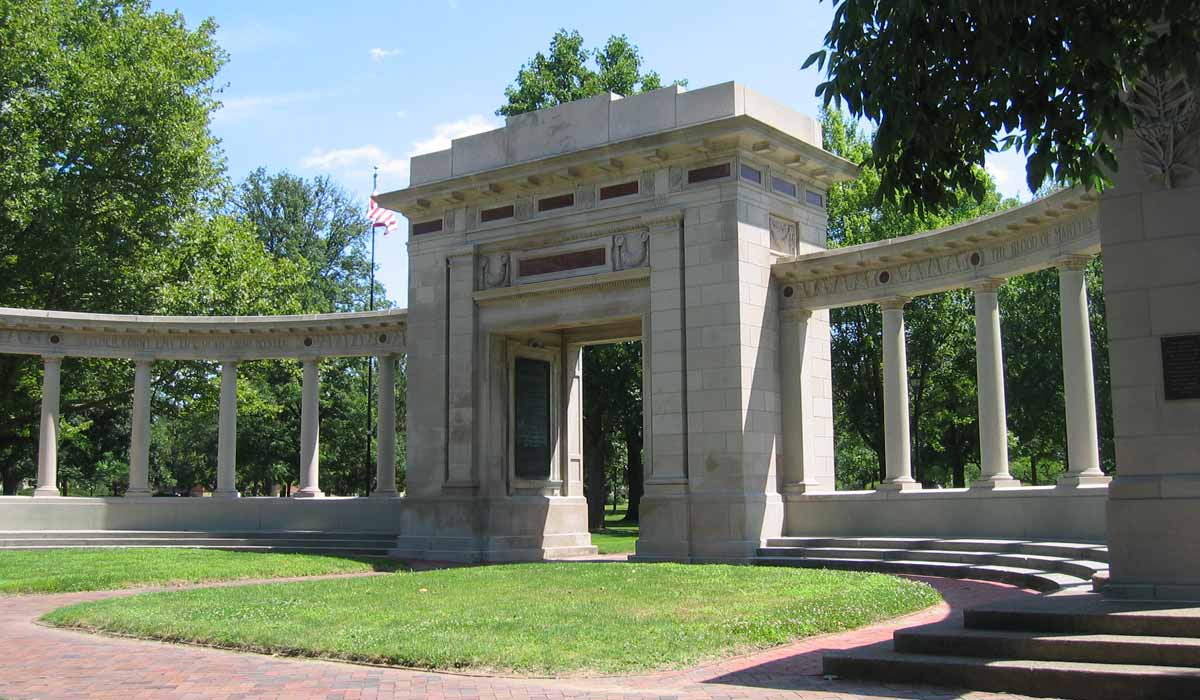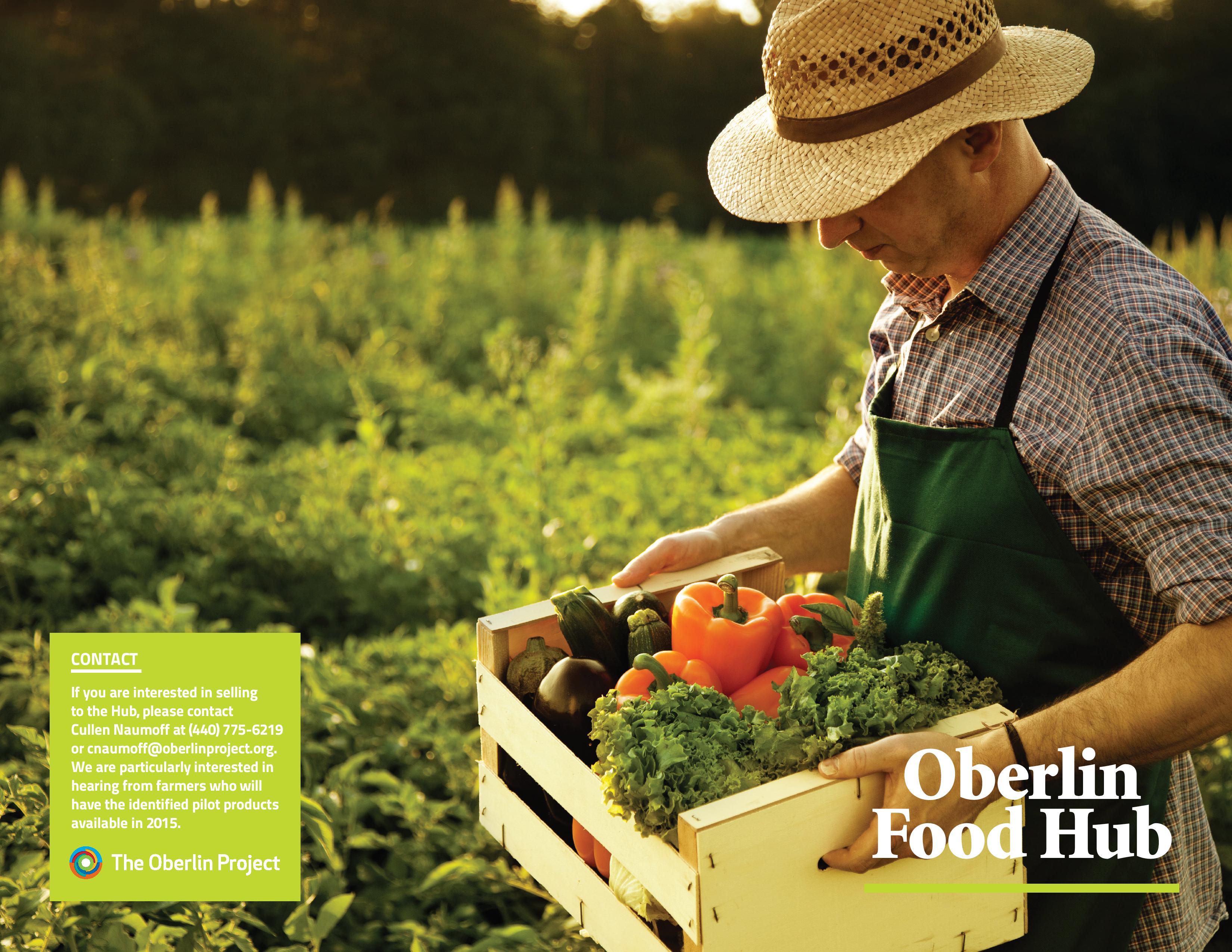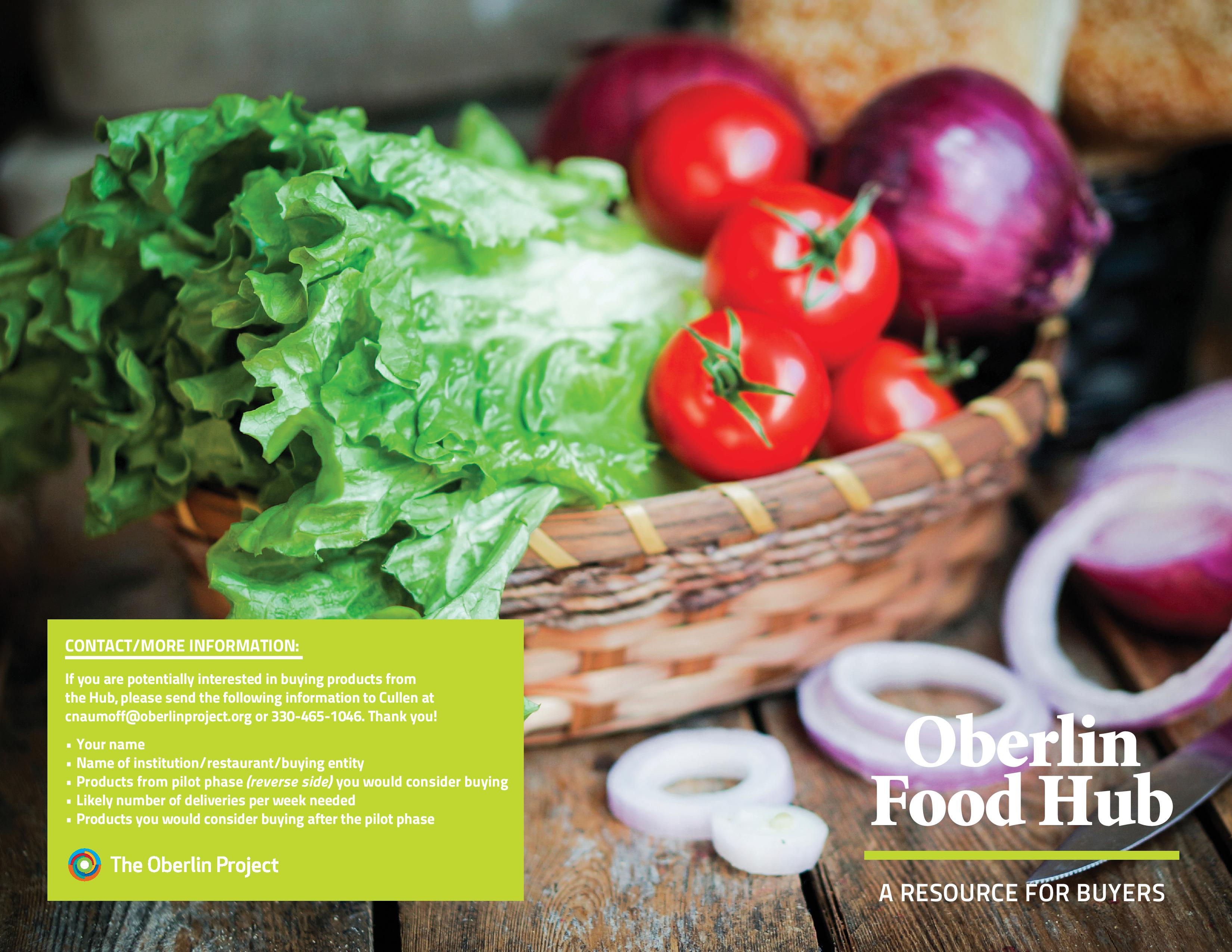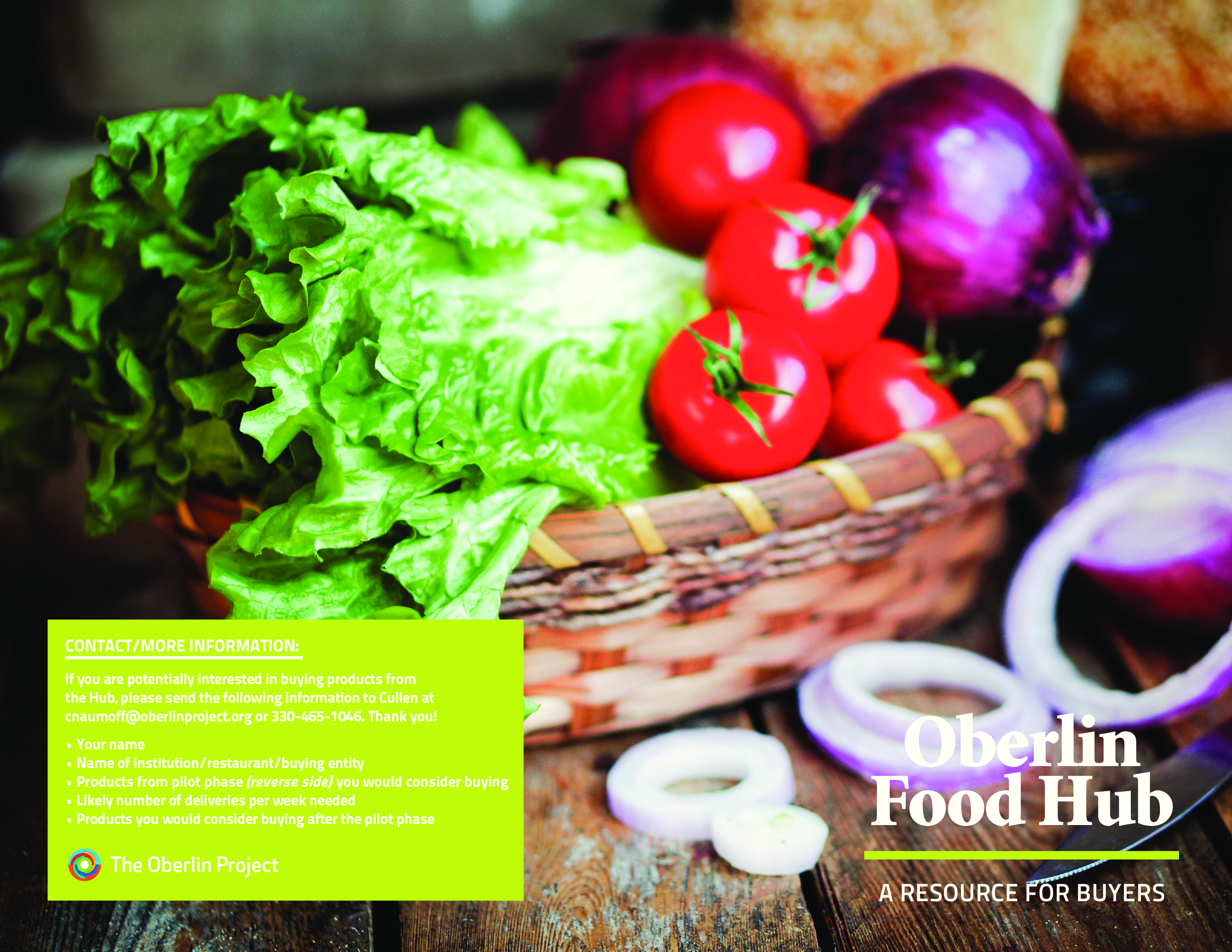Our Commitment: Local Food System Development
One of the core features of the Oberlin Project is the identification of a 20,000 acre network of local farms and landowners to provide support for local food, energy, materials, and carbon sequestration services in the greater Oberlin community. In conjunction with a land inventory being conducted by the Western Reserve Land Conservancy, a local food systems assessment and plan will identify opportunities to leverage the 20,000 acre network as a catalyzing element in a 70% localization scenario for Oberlin.
The assessment will begin with an analysis of the current market depth of Oberlin as a community of roughly 10,000 residents and students and a detailed summary of 20 years of food localization initiatives. From there, the study will consider 70% localization across the entire food value chain, including production, distribution, processing/manufacturing, storage, consumption, and waste handling. The study will consider both the economic and quality of life benefits of 70% localization as well as the risks. The study will address community investments needed to achieve 70% localization, including physical infrastructure and buildings; training, education, and workforce development; entrepreneurial opportunities; and a review of community assets.

